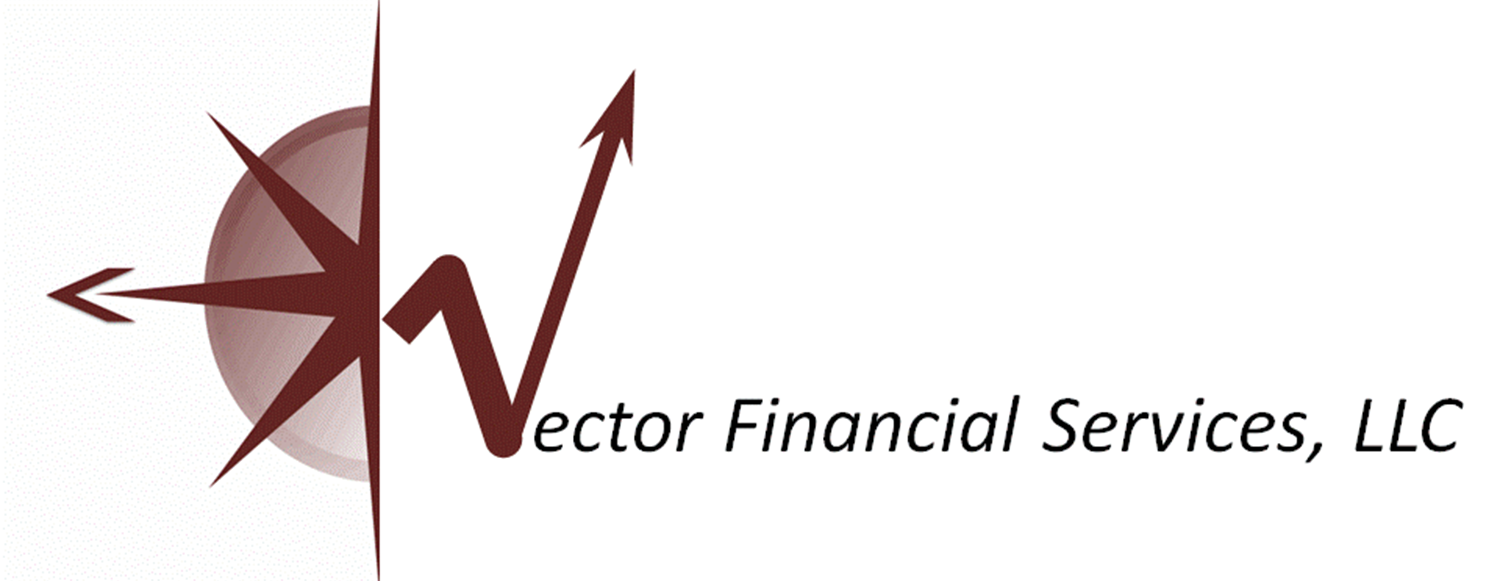Retirement decisions can often feel overwhelming, especially when it comes to managing your hard-earned savings. Lately, I've observed an intriguing trend among retiring clients—more employers are offering the option to retain your funds in their 401(k) plans post-retirement. This shift prompts a reconsideration of the traditional approach to retirement savings, presenting both opportunities and considerations worth exploring.
Evolution of Perspective
Employer-sponsored 401(k) plans, once seen merely as a savings vessel, are now emerging as potential income streams during retirement. To accommodate this shift in perspective, many plan sponsors are incorporating in-plan annuities into their employees' investment choices.
As retirement approaches, you might find yourself with the option to leave your assets where they currently reside. Here's a closer look at the pros and cons to weigh while making this pivotal decision.
Pros of Keeping Your 401(k) with Your Employer
Fee Savings: Sticking with your employer's 401(k) could mean savings on fees. Institutions often secure funds at better rates, potentially reducing costs for you.
Access to Stable Value Funds: These funds within a 401(k) offer stability akin to money market funds but with potentially higher interest rates.
Federal Protection: Federal laws shield 401(k) funds from creditor judgments, providing a layer of protection, excluding certain circumstances like IRS tax liens or spousal/child support orders, including bankruptcy.
Annuity Options: Some plans offer annuity choices, promising consistent, guaranteed payouts resembling a pension throughout your life.
Cons of Not Rolling Over Your 401(k) to an IRA
No New Contributions or Employer Matches: After retirement, you won't be able to make fresh contributions or benefit from employer matches.
Limited Investment Choices: Compared to the broader array in an IRA, a typical 401(k) might offer a more restricted selection of investment options.
Complexity in Management: Managing multiple retirement accounts could become cumbersome. Consolidating them into a single IRA might simplify your financial oversight.
This is indeed a weighty decision, and your unique circumstances will heavily influence the right choice. I'm here to guide you through this process. Once you have an approximate retirement date in mind, it's wise to inquire about your options. Even better, let's connect and review these choices together. Remember, I'm just a call or email away, always ready to assist.
Taking the time to weigh these factors will ensure your retirement strategy aligns perfectly with your financial aspirations and needs.
